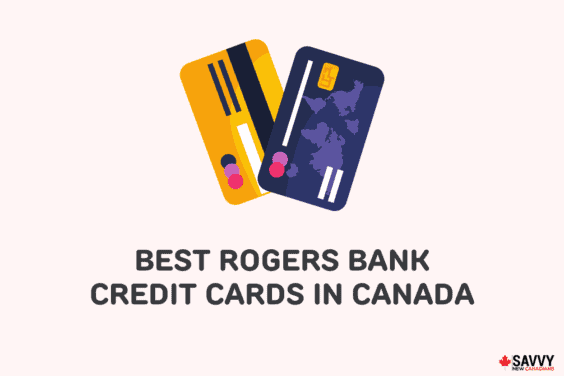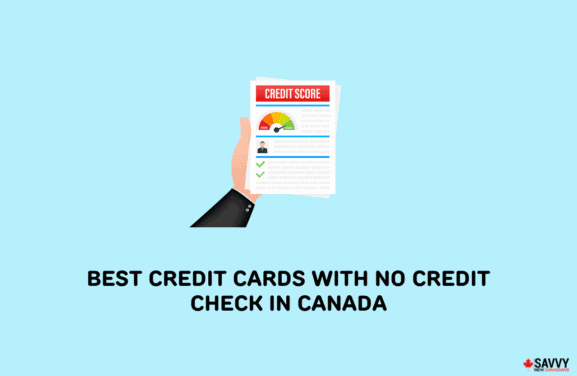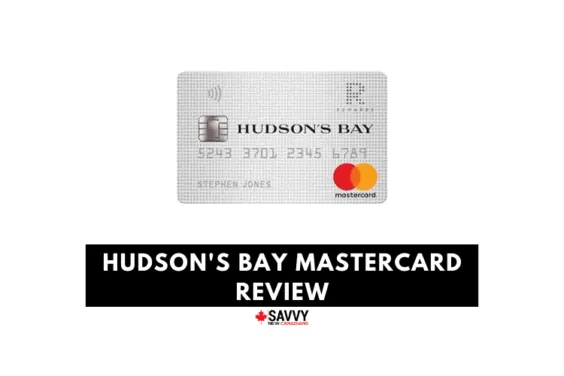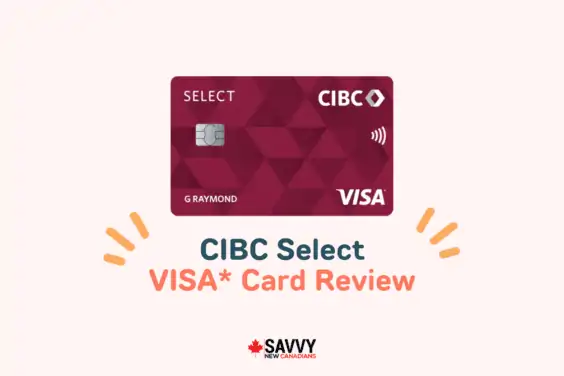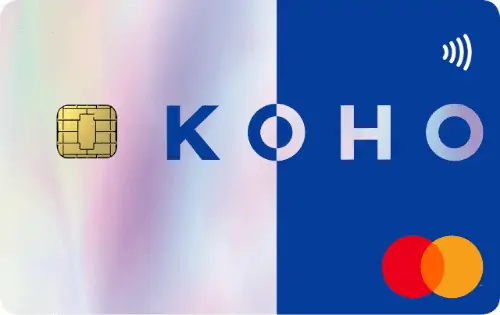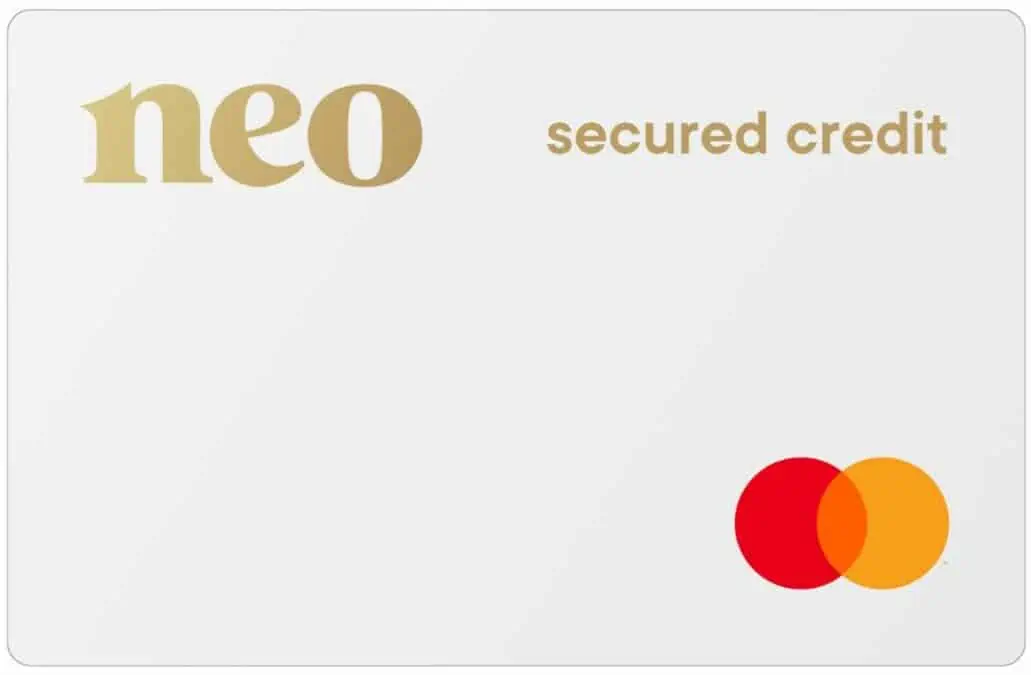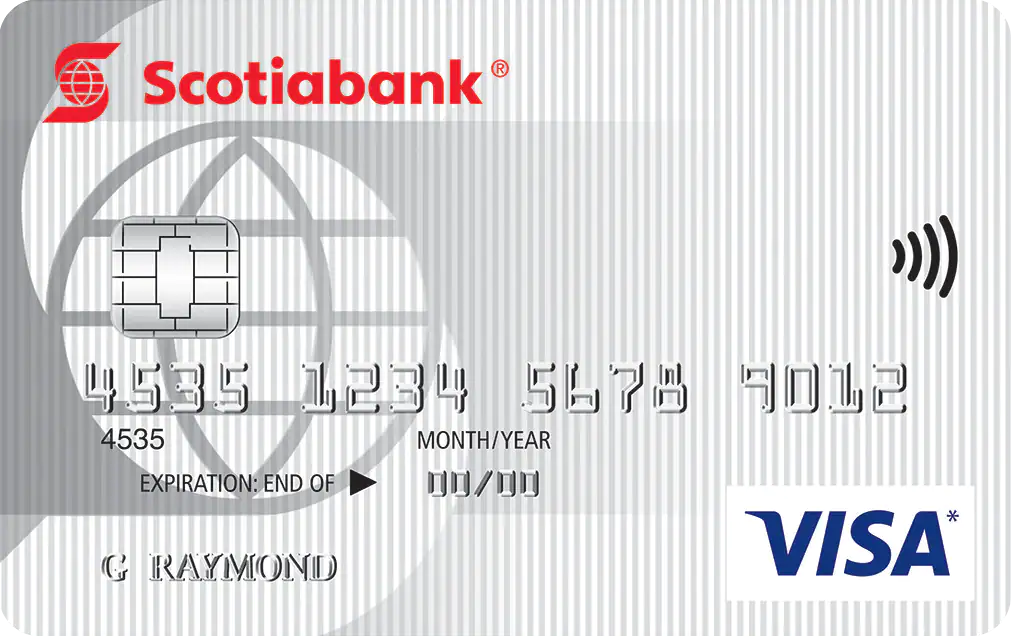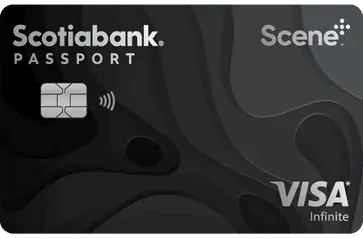A low-interest credit card can save you money in lower interest charges if you carry a balance on your credit card.
Compared to high-interest credit cards with 21% and higher rates, low-interest credit cards offer variable or fixed interest rates well below the average.
Does RBC offer low-interest cards? Read on to learn about the best RBC low-interest credit cards in 2024.
RBC Low Interest Credit Cards
The two main RBC low-interest credit cards are:
- RBC Visa Classic Low Rate Option.
- RBC RateAdvantage Visa, and
There is also an RBC Visa CreditLine for Small Business card you can apply for if you are a business owner.
These RBC credit cards have no or low annual fees and can potentially save you money on purchases and cash advances.
RBC Visa Classic Low Rate Card
Good for low-interest rates
Annual fee: $20
Rewards: Low-interest credit card.
Interest rates: 12.99% for purchases and 12.99% for cash advances
Minimum income requirement: None
Recommended credit score:
Good to Excellent
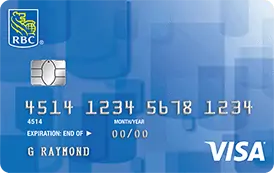
On RBC’s website
Unlike the RBC RateAdvantage Visa, the RBC Visa Classic Low Rate Option has a fixed low-interest rate of 12.99%.
It has a $20 annual fee, and like many other low-interest or balance transfer credit cards, you don’t get much in the way of rewards.
Cardholders have the option to add on extra services and perks for an additional fee.
RBC RateAdvantage Visa Card
Good low-interest credit card
Annual fee: $0
Rewards: N/A
Interest rates: 4.99%-8.99% + prime rate for purchases and cash advances.
Minimum income requirement: None
Recommended credit score:
Very Good
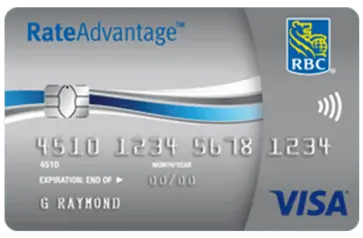
On RBC’s website
Interest rates on this card are tied to the bank’s prime rate and will vary as this changes with the Bank of Canada’s key policy rate.
The interest rate you pay also varies based on your credit rating, with lower rates for those with excellent credit scores.
Low Interest Rate Credit Cards in Canada
If you are looking for an alternative to an RBC low-interest credit card, these credit cards from Scotiabank and National Bank are worth considering.
Scotiabank Value Visa
- Annual fee: $29 (waived in the first year).
- Interest rate: 12.99% interest on purchases, cash advances, and balance transfers.
The Scotiabank Value Visa is an excellent option if you need to transfer a balance and pay it off quickly to save on interest costs.
It offers a unique 0% promo balance transfer rate for the first ten months, and the annual fee is also waived in the first year.
While you don’t get insurance coverage by default, you can add these for a fee.
Scotiabank Value Visa Card
Best for low-interest rates
Annual fee: $29
Welcome offer: No annual fee for the first year and 0% interest rate for cash advances for the first 10 months.
Interest rates: 12.99% for purchases and cash advances.
Minimum income requirement: N/A
Recommended credit score:
Good
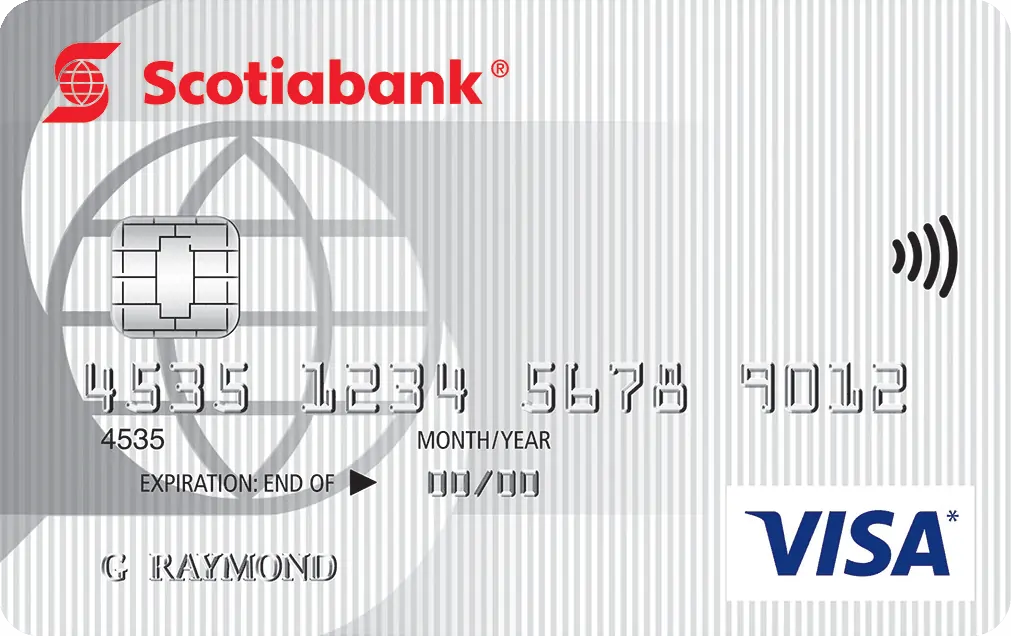
On Scotiabank’s website
National Bank Syncro Mastercard
- Annual fee: $35
- Interest rate: 4% +Prime for purchases and 8% +Prime for cash advances and balance transfers.
With the National Bank Syncro Mastercard, you get a variable interest that changes with the bank’s prime rate.
This card also includes purchase protection and extended warranty insurance coverage.
Here are some other options for National Bank credit cards.
National Bank Syncro Mastercard
Best National bank credit card for low interest
Annual fee: $35
Rewards: Low-interest credit card.
Interest rates: 4% + prime rate for purchases (currently 11.20%), 8% + prime rate for cash advances (currently 15.20%).
Minimum income requirement: None
Recommended credit score:
Very Good
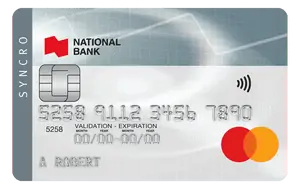
On National Bank’s website
Methodology:
The Savvy New Canadians team assesses the best low interest credit cards based on their annual fees, interest rates, welcome bonuses, rewards, insurance coverage, and other perks. We carefully evaluate each credit card and place more weight on the value of the long-term rewards it offers. Only credit cards we would personally use are recommended. While these credit cards are some of the best on the market, they may not be right for you. Visit the credit card issuer’s website using the links to confirm each product’s terms and conditions before applying.
Low Interest Credit Cards Explained
A low-interest credit card has a rate of interest that is lower than what the average credit card charges.
For example, you could get a low-interest rate credit card in Canada with rates below 13%, while the average credit card has an annual percentage rate (APR) above 20%.
With a lower rate, your interest charges and fees are lower if you carry a balance, and it may be easier to pay off your debt over time.
Pros and Cons of an RBC Low Interest Credit Card
Benefits of RBC low-interest credit cards include:
- Low or no annual fee.
- Cheaper financing costs result in lower interest charges.
- You can pay off your credit card balance faster.
The downsides of an RBC low-interest credit card are:
- They do not offer competitive rewards or cash back.
- You will need a good credit score to qualify.
- Cash advances fees still apply when used.
How Much You Can Save With a Low Interest Credit Card
Assuming you have a $4,000 credit card balance and you pay $300 monthly to clear your debt.
With a regular credit card at 19.99%, it will take you 16 months and cost $560.92 in interest charges. Using a low-interest credit card with an 11.9% APR takes 15 months and costs $311.58 in interest.
| Regular Card | Low-Interest Card | |
| Interest rate | 19.99% | 11.9% |
| Months to pay off balance | 16 | 15 |
| Interest charges | $560.92 | $311.58 |
How To Avoid Paying Credit Card Interest
The easiest way to avoid paying interest costs on your credit card is to pay off your credit card balance in full by the due date each month.
If you can’t afford to pay your full bill, try to make at least the minimum payment. This won’t cut your interest charges to zero, but it can help you avoid a scenario where your APR is increased significantly.
You can also reduce credit card interest by using a low-interest credit card or a balance transfer credit card with a promotional low-rate offer.
Fixed vs. Variable Rate Credit Cards
There are two types of low-interest credit cards:
- Fixed-rate low-interest credit cards.
- Variable rate low-interest credit cards.
A fixed-rate credit card has an interest rate that stays the same and doesn’t change due to changes in the prime rates. A bank can still change its fixed rate but will usually give advance notice.
A variable rate credit card has rates that fluctuate based on market conditions or due to economic factors, such as inflation.
The bank is not required to give you advance warning when variable rates change.
RBC Low Interest Credit Card FAQs
RBC has two low-rate credit cards for personal usage: RBC RateAdvantage Visa and RBC Visa Classic Low Rate Option.
Low-interest credit cards in Canada charge interest ranging from 10.70% to 15%.
One of the best low-interest credit cards is the Scotiabank Value Visa. It offers a low, fixed 12.99% interest rate on purchases, cash advances, and balance transfers.
Related:
